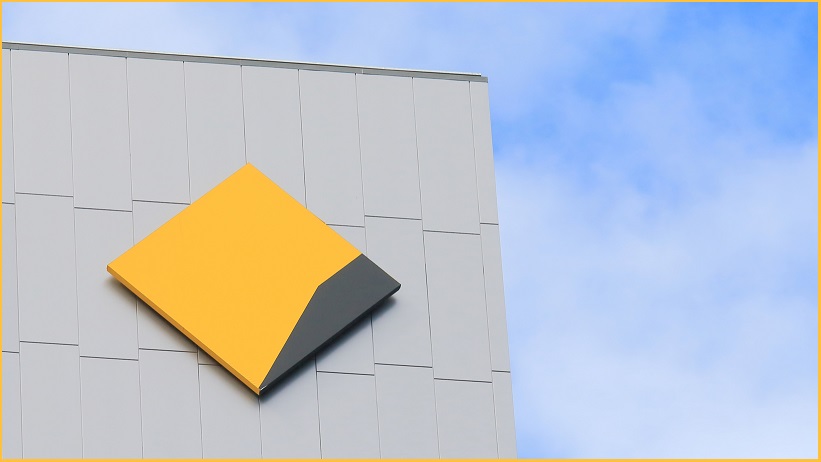Australia’s open-banking regime will get a new use case after the Commonwealth Bank’s venture-scaling firm x15ventures invested $1m in Payble, a startup that will use consumer data right (CDR) standards to automatically cross-check failed bill payments against account holders’ banking details.
Australian consumers receive over 500m bills annually and some 75m of these aren’t paid on time, Payble CEO Elliott Donazzan said in announcing the x15ventures investment, often because customers don’t have enough credit in their accounts when an automatic payment is attempted.
Collecting those missed payments is extremely expensive for creditors as call-centre operators manually chase up and fix the details – contributing to a scourge of late payments that has been estimated to hit small business cashflow in the order of up to $7b per year.
An earlier study found that small businesses spend an average of 12 days per year chasing unpaid invoices.
“This is a huge problem for Aussie businesses who spend time and money following up on late payments, fielding calls from customers about their billing details, or retrying payments when they fail,” Donazzan said.
By using its CDR permissions to monitor the funds available in customer accounts, Payble will be able to automatically extract customer data from CommBank systems – cross-checking account balances against bills as they arrive.
The system will be able to raise the alarm before a payment failure sends the account to the service provider’s debt-collection processes.
It will also be able to tap CDR’s capabilities to automatically engage with another fintech – for example, setting up an account with a buy now pay later (BNPL) service that automatically pays the bill and sets up a payment plan with direct debits from the consumer’s bank.
Open season on open banking
x15ventures’s decision to purchase a 26.7 per cent share of Payble is a big vote of confidence in ASX-listed parent company Identitii, which was accredited by the ACCC in 2019 as one of ten companies to test the evolving CDR ecosystem before its official launch last July.
CDR streamlines the exchange of banking data between banks, customers, and third parties nominated by those customers – with data and API standards supporting the automated data exchange between financial services providers.
Identitii’s token-based blockchain system, Overlay+, enables the identification of parties in a financial transaction in real-time – supporting financial crime monitoring by helping financial institutions track payments on an indelible register.
The system has attracted support from no less than Mastercard, which last year began trialling the technology on the account-to-account network it uses to move money around the world.
Extending the company’s reach into bill payments is a fillip for CDR, which has taken off slowly since its launch as firms like Intuit, Regional Australia Bank and Frollo use it to integrate banking details into their financial-management apps.
In October, Frollo launched a suite of compliance testing to help companies comply with a host of ACCC test scenarios that include several actions around scheduled payments – but Payble’s bill focus marks one of the first times CDR will have been used to proactively manage everyday transactions.
A growing affinity for disruptive fintech startups suggests Payble won’t be the last company CommBank cosies up to.
“Working closely with the startup community is key to our strategy to build, invest, and acquire digital businesses that are reshaping banking and benefiting Australian businesses and consumers,” x15ventures managing director Toby Norton-Smith said.










